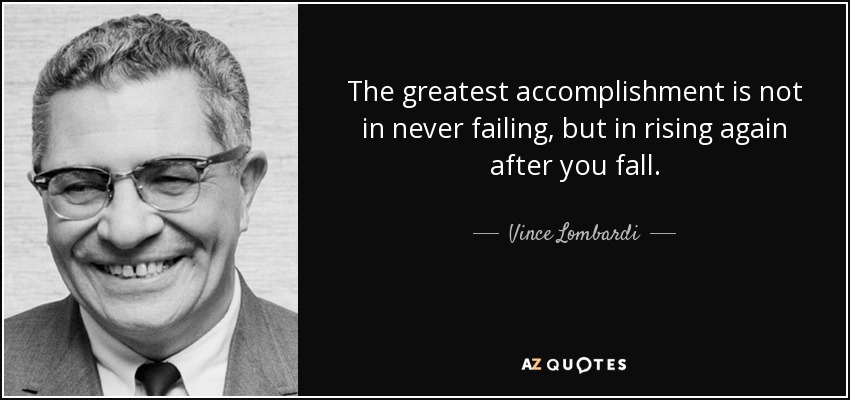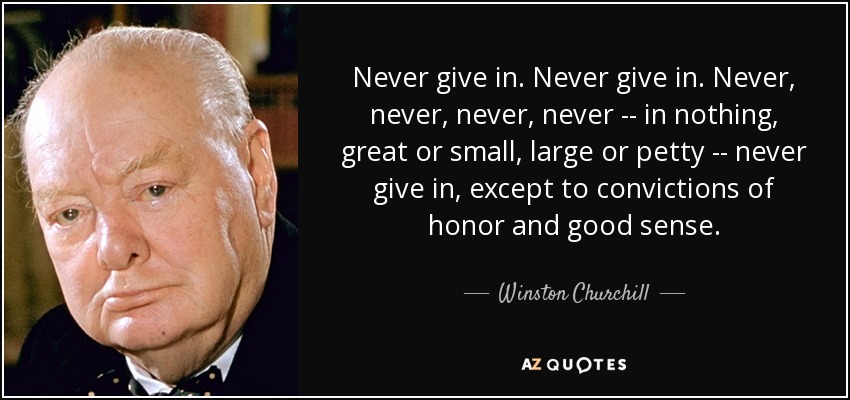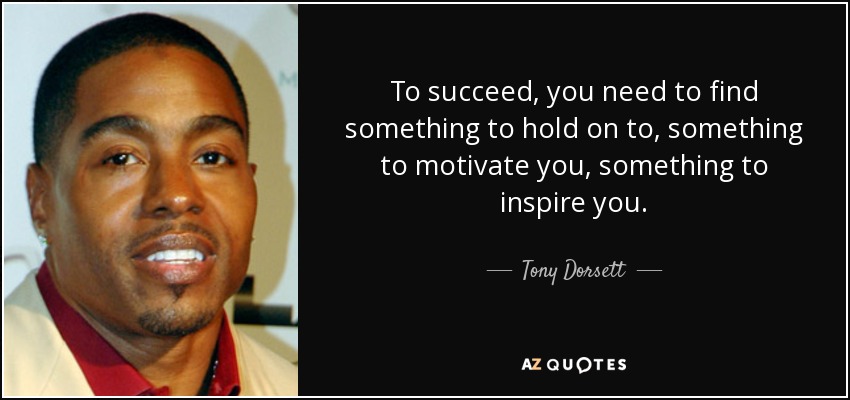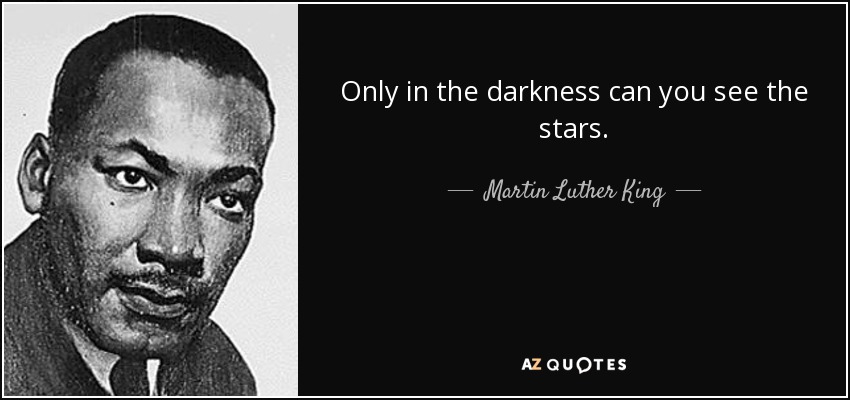Click here to return to Blog Post Intro

Playing through the Pain: The Power of “What if…?”
You’re Not the Starter: Put Your Life into Perspective
Randall Cunningham recalled, “I had to trust God, lay down my own selfish desires, and venture into unknown waters to find out firsthand what God wanted from me. When my faith began to grow, I released the things that used to be important to me: the drive for success and the desire to do whatever I wanted to do at my own leisure (something that simply isn’t possible for you if you want to make it as a new dad).”
Cunningham often tells people in his church and the young athletes he mentors, “Get your priorities in order. If my life rested on what I did on the field, then I’d be in trouble. But it doesn’t—thank God!”
The Biggest Hit I Ever Took: The Day That Forever Changed Me
Bracing Yourself: Dig Deep and Hold On
Here’s where leadership is important. When Cunningham lost his 2-year old son in a tragic drowning accident, he reflected, “Did I need to have my time to mourn? Absolutely. But in standing before my family and church in worship and modeling what it looked like to overcome the worst nightmare of a parent, I was leading.”
Some days Cunningham felt like the biblical character Job. God answered him, saying, “Brace yourself like a man” (Job 38:3). Cunningham explained, “Daily I brace myself. I take courage. I live each day to honor the life of my son. I’ve found that the more time I spend kneeling, the stronger I can stand.”
People will respond to how a leader—a parent, a husband, a pastor—handles adversity.
Rick Warren’s The Purpose-Driven Life points out, “It’s not about you.” Why is that kind of perspective important? If you view life as revolving around you, then when tragedy hits, your entire world will fall apart—because you’ve constructed a world around you. But if you understand the importance of living for and putting others first, then when tragedy hits, you will be able to serve those who need it most. Nothing will have changed; your world will still be intact and you will know exactly how to help.
The first thing that comes to mind when tragedy hits is “Why?” To shut down that response and instead be able to say, “Thank you, God, for the time we had with him” was a big turn for Cunningham, because our natural response as human beings is to ask why—especially when something happens that is so far outside of normal. It is abnormal to then give thanks. But that is the only way you won’t burn up inside with doubt, fear, and frustration.
Moving Toward Hope: Called to Something More
More than ever, we need mentors with whom we can be accountable.
Children need fathers who are present. They need to be taught by their fathers, encouraged by their fathers, loved by their fathers. Mentoring begins with fathers.
Tony Dungy said, “Remember that mentor leadership is all about serving. Jesus said, “For even the Son of Man came not to be served but to serve others and to give his life as a ransom for many’ (Mark 10:45).” Tony remains the gold standard when it comes to mentoring. He models the servant’s heart as well.
Understanding reverence was a major shift for Cunningham as he explained, “When I developed a serious reverence for God, when I put others’ needs before my own, I was able to handle the good and bad situations of my life and career with grace.”
Reverence can give us joy. Whereas happiness gives us feeling, joy gives us strength. Happiness tends to come in the good times. But joy is something that will rise in whatever time, in whatever life throws at us. Joy is something that comes from our core being. Joy reflects who we are in God—that’s the reservoir we draw from.
Reverence leads to perseverance. As Charlie “Tremendous” Jones said, “Things don’t go wrong and break your heart so you can become bitter and give up. They happen to break you down and build you up so you can be all that you were intended to be.”
Principle 1: Friction is Your Friend: Why Obstacles are Good Training
If you want to build physical and mental muscle, then you need to put in the work it takes to become a better player. That work involves constant friction: friction in weight training, friction in conditioning, friction with coaches in the meeting room. You must tear down muscle to build it. You must stretch yourself physically in order to become stronger and faster. Increasingly, young athletes expect to be great without putting in the time and sacrifice to become great.
Greatness is something anyone can achieve as long as you are willing to endure the toil and lonely times of hard work when no one is watching.
Principle 2: Down at Halftime: Perseverance in the Tough Times
Oftentimes, getting away from a stressful situation and focusing on something more relaxing can be therapeutic and allow you to realize that things aren’t as traumatic as you initially believed.
As you walk and adore the beauty of creation, spend some time thanking God for the things he has given you: your life, your family, your friends, a house, a car—all good and perfect gifts in this life, and all bestowed by our heavenly Father above (James 1:17).
When we spend more time being thankful for all the blessings in our life, the obstacles in our life begin to feel smaller. We all need to have an outlet, something that will help us regain our strength and perspective.
Great theologian J. J. Packer once wrote that we, as human beings, were meant to run on “soulish” things—things like worship and service and honesty and self-discipline. This is bow we bear God’s moral image.
What happens when you don’t nourish those soulish things in your life? You begin making bad decisions at work. Your moral guard goes down and you might fall prey to pornography or an affair. You begin to speak sharply to your wife and children.
When we allow our bodies and our minds and our souls the opportunity to rejuvenate, when we take some time off during seasons of stress and friction, then we allow our whole being to heal and grow stronger.
Cultivate Wisdom: As Ephesians put it, “Be very careful, then, how you live—not as unwise but as wise, making the most of every opportunity, because the days are evil. Therefore, do not be foolish, but understand what the Lord’s will is” (5:15-17).
Remember the Sabbath: New York pastor Dr. Timothy Keller offers some great advice, “Sabbath is about more than external rest of the body; it is about inner rest of the soul. We need rest from the anxiety and strain of our overwork.” Dr. Keller suggests the only way we can truly find rest is to do so in God.
Isaiah 30:15 says, “In quietness and trust is your strength.”
Don’t miss out on gaining the strength of God that can only come from rest.
“Mental toughness is many things,” said famous Packers’ coach Vince Lombardi. “It is humility because it behooves all of us to remember that simplicity is the sign of greatness and meekness is the sign of true strength. Mental toughness is spartanism with qualities of sacrifice, self-denial, and dedication. It is fearlessness, and it is love.” Lombardi believed that mental toughness was character in action.
Principle 3: Watching the Game from the Tunnel: Patience on and off the Field
Cunningham recalled that in his year of injury rehab, he was able to see things more clearly. It was during that time that God actually showed him, through his physical injury, that patience requires trust—and one way to trust is to endure something difficult and find yourself still intact on the other side of it.
Too many times in our culture we relegate faith to the margin. We mention God when things go great and we pray before meals, and we may even attend a Sunday church service because it’s the right thing to do. But faith isn’t something we do; it’s a relationship cultivated over time with in God.
Famous South African missionary and pastor Andrew Murray wrote, “Humility is simply the disposition which prepares the soul for living on trust.” Humility and dependency (trust) are linked arm in arm under the umbrella of patience. In our culture, people do not prize humility as much as they value self-glorification.
Principle 4: Limping Back to the Huddle: Grieve, Get Mad, and Move On
Just like a football player has to leave the game when he’s injured, sometimes we need to leave the field of life for a few plays before we hop back into the action. But during our time away, we need to deal with the pain appropriately so that we can return stronger spiritually.
There’s a time to grieve. We’re not supposed to deny pain. The appropriate response to losing a loved one is grief—open grief. And there is no right or wrong way to do it. Grieve, get mad, and move on. Do whatever you can to eliminate the possibility of anger or bitterness taking root.
It is said that the story of Job is the oldest recorded story in the Bible. It is God’s message to us through Job’s life. In a blink God allowed all Job had to be taken away—his children tragically lost; his business upended and wealth stolen; his body wracked by sores, ultimately leading him to the brink of despair. Yet through it all Job did not curse God.
God listened to Job’s plea and then responded to him. And in the end God helped Job gain perspective by stating his grandeur and omnipotence and ultimate power and control over every created thing. He basically told Job that there’s much in this world that we can never understand and we need to be okay with that.
Comfort is what we strive for when things get tough. But nothing this world offers can give us the comfort we truly need. Only God can do that.
One of the main reasons we struggle to move on from pain in our lives is that we blame ourselves and are crushed by the weight of guilt. Why do we always look for someone to blame instead of looking for and obtaining the healing that we need to continue on in life?
Trust in God and His plan for you. Accept His strength. Stand up, receive your healing, and praise God in the midst of thinking that it was your fault. Understand this: we serve a good God! And He doesn’t want you sitting around taking the blame for something He allowed to happen.
We need to think about others first. We can’t get so involved ourselves that we forget there are those close to us who are hurting. We need to be cognizant of others’ needs. And let’s face it: we can all be selfish.
In the end, helping others helps you. It enriches your and moves you past your own hurts—especially it you’re working through the process of grieving and moving on. When you’re focused on others, you’re not dwelling on yourself. And that’s a win-win situation.
Principle 5: Practicing the Two-Minute Drill: Keep Life on Its Heels
In life, Cunningham’s personality mirrored the way he sought to lead his team on the field: even-tempered, not wanting to rattle anyone, at peace. But life is not a static endeavor. Though there’s the grinding-it-out aspect to it—just like in football—there are also the highs and lows.
God gives us these situations, just like he did with Job, so that we can learn and grow from them. He wants us to know him on a deeper level and plumb the depths of his mind to discover the reasons and lessons he has for us.
God’s also not going to give us more than we can handle financially, because what happens is people find financial success and then think they no longer need God. So, the concept about not getting more than we can bear in life relates not only to the pain and toil of this life but also to the blessings.
Two things we should remember as we approach life and everything we will encounter, be it good or bad: (1) In life everything is attainable as long as it aligns with God’s will; and (2) Our mind-set needs to be grounded in the eternal character of God. Our eternal God has no beginning, no end, and no limits to what he can do.
Some people set their goals too low. This is probably because people set their goals based on what others are achieving. But setting your goals according to someone else’s standards limits you. Our goals must not be based in mediocrity or fear. Instead, they should be based on what God has placed in our hearts.
Don’t look around at what the world constantly bombards you with regarding what is acceptable or what is attainable. You need to run the race of life with an inner time clock, an inner goal that no one sees. That needs to be your sole measurement—a measurement that comes from God.
Principle 6: Absorbing the Hits: Spiritual Maturity Breeds Contentment
The nineteenth-century Scottish pastor George MacDonald said, “We can walk without fear, full of hope and courage and strength, waiting for the endless good which God is always giving as fast as he can get us to take it in.”
Have you ever thought about what it means to be satisfied with where you are in life, while at the same time failing to be content? Contentment allows us to accept the good things and the bad things in this life with the same amount of grace. And that is only possible through God.
When we’re content in who we are in God, we’ll remain content when trouble comes our way. Contentment allows us to see the world the same at all times and accept what comes our way.
Laying It Down: Adjust for Any Situation
We can’t always look at situations in life head-on and expect to understand the reasons they’re happening. In order to look something sideways, we must take time to see it from God’s perspective.
As Cunningham put it, “Seeing life sideways is all about laying it down—laying down our preconceived notions, our own desires. Being in the moment and being okay with being in the moment. Such an attitude is only possible when we’re steadfast in our faith in God.”







